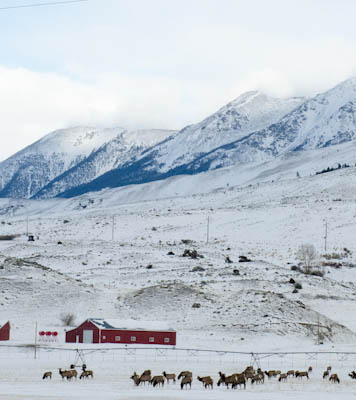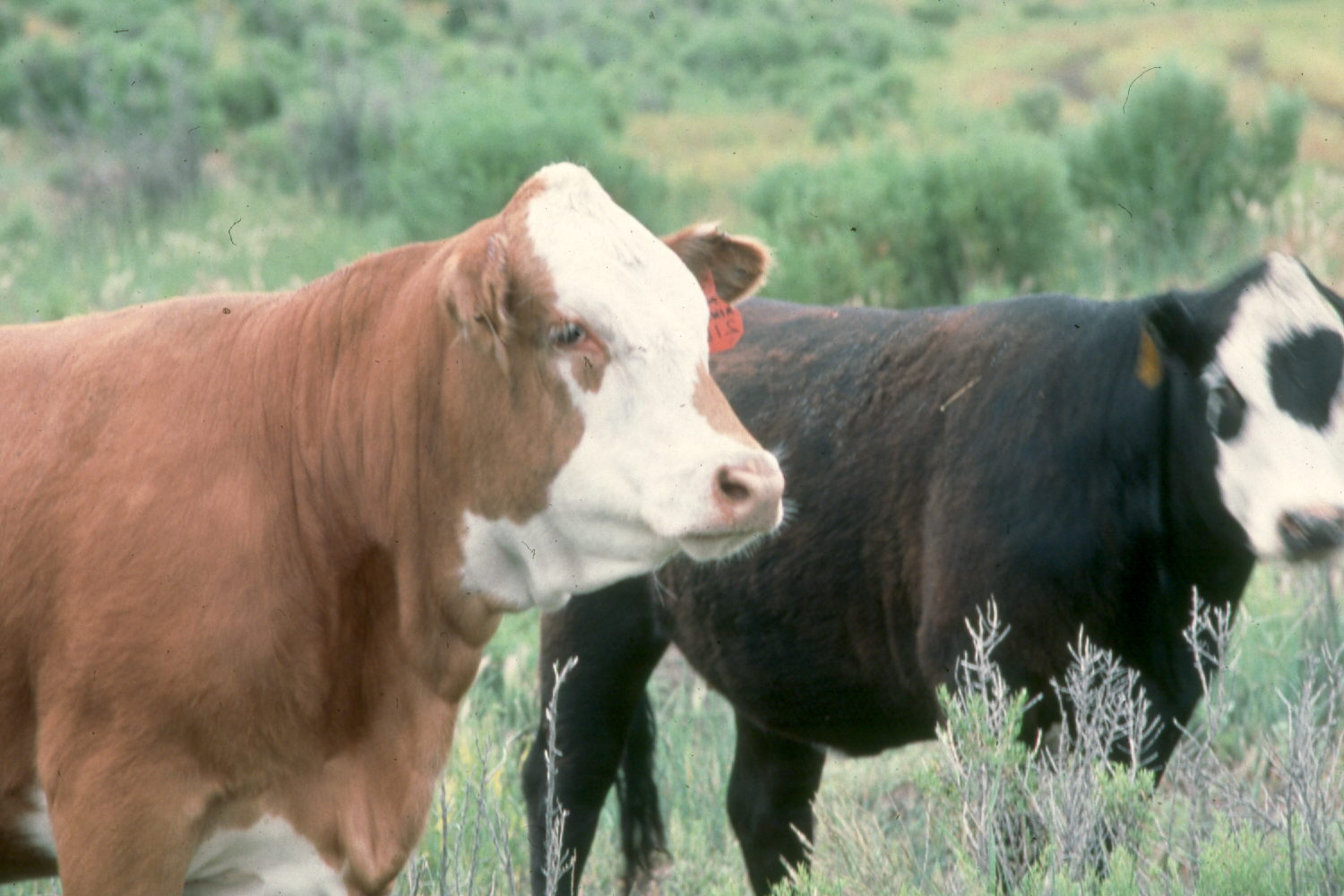ranching
-
I recently received a comment on my The Wildlife News article, Audubon Society Embraces Ranching. The commentator suggested if we don’t accept ranching, we will have subdivisions everywhere. I’ve written a lot about this. It is one of the oldest arguments from livestock proponents and most mainstream conservation groups like The Nature Conservancy and others…
-
If you pay attention to livestock grazing issues on public lands, you invariably will see research promoting cattle grazing as the magic elixir that can repair damaged riparian areas, eliminate cheatgrass and other weeds, reduce wildfires, increase soil carbon storage, and improve habitat for endangered species like sage grouse. If you think this is too…
-
The Washington Post published an article a few years ago that repeated the old and flawed idea that ranching will “protect” the land and suggesting conservation easements are the solution to sprawl. If championing cows or hayfields is your conservation policy, one must rethink the strategy. Keep in mind that nearly all the development found…
-
Attached is a Zoom talk I gave to the Massachusetts Sierra Club on the ecological costs of livestock grazing in the West, but I also provide evidence that livestock production has a serious global impact.
-
Prime pygmy rabbit sagebrush habitat along the Big Lost River where I lived while working for the Challis National Forest. Photo George Wuerthner Years ago, I worked on the Challis National Forest and lived along the Big Lost River in Central Idaho. One of my favorite winter activities was skiing through the big sagebrush…
-
Grayling possess a large dorsal fin, and depend on cold, clear water for survival. Photo George Wuerthner In 1991, I, with the help of Jasper Carlton at the Biodiversity Legal Foundation, petitioned the U.S. Fish and Wildlife Service (FWS) to list the Arctic Grayling (sometimes called Montana Grayling) under the Endangered Species Act. My petition…
-
The once gin clear Deschutes River near Bend, Oregon is now a pea-green or dirty blonde due to irrigation degradation of the river. Photo George Wuerthner This past week I hiked along the Upper Deschutes River. It was a pea-green color, or maybe you might say dirty blonde. Whatever adjective you like, the Upper Deschutes…
-
Targeted grazing seeks to create vegetation free zones, which advocates suggest will assist firefighters in controlling blazes. However, the collateral damage from grazing vastly exceeds any benefits. Photo George Wuerthner A recent article in the Post Register described the research that the University of Idaho Range Department conducted on fuel breaks, especially those resulting…




